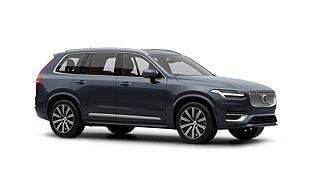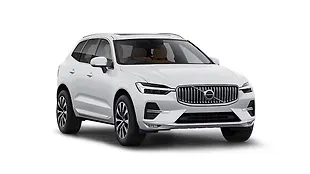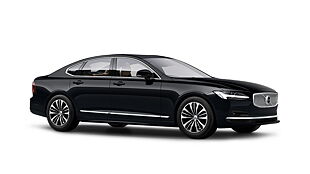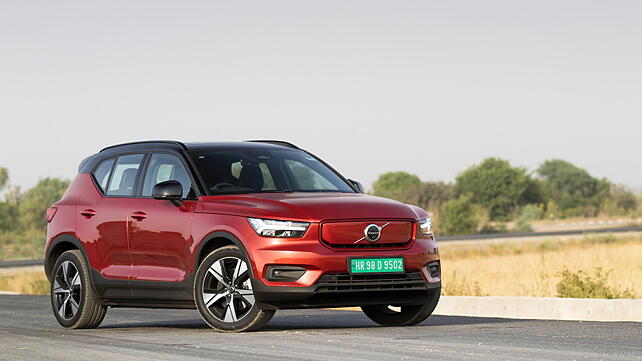
- Volvo is anticipating retail sales to be flat or slightly lower for the full year 2022 compared with volumes in 2021.
- XC60, XC40 and the XC90 remained top selling models for the brand.
Volvo reported sales of 44,664 cars in July, down 21.5 per cent compared to the same month last year. The brand has revealed that its sales continued to be affected by supply constraints being carried over from previous months due to Covid-related lockdowns in China.
This particularly affected retail deliveries of Recharge cars during the month and is expected to continue to affect the company’s retail sales into the current quarter. Volvo’s Recharge cars accounted for 21.5 per cent of sales in July. The share of fully electric vehicles stood at 3.5 per cent. For the full year 2022, the target remains of having a double-digit share of fully electric cars. Volvo is anticipating retail sales to be flat or slightly lower for the full year 2022 compared with volumes in 2021.
European sales for July reached 15,893, down 29.1 per cent compared to the same month last year. Sales of Recharge cars accounted for 39.9 per cent of the total sales in the region during the month. Volvo’s US sales for the month reached 8,686 cars, down 40.7 per cent compared to July last year, with Recharge models making up 14 per cent of the total sales. China sales went up by 6.4 per cent in July to 15,487 cars compared with the same month last year.
In terms of model wise performance, the company’s top-selling model for the month was the XC60 with sales of 16,261 cars (2021: 19,132 units), followed by the XC40 at 10,640 cars (2021: 15,097) and the XC90 at 7,764 cars (2021: 9,694 units).

![Volvo XC40 Recharge [2022-2024] Image Volvo XC40 Recharge [2022-2024] Image](https://imgd.aeplcdn.com/272x153/n/cw/ec/51766/xc40-recharge-exterior-right-front-three-quarter-2.jpeg?isig=0&q=80)
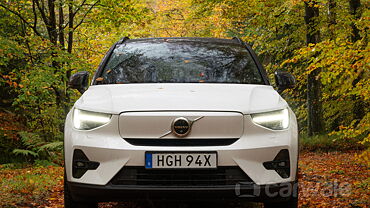
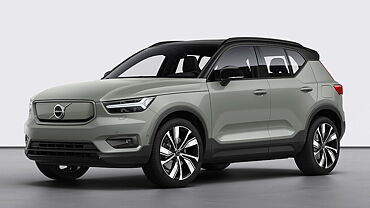

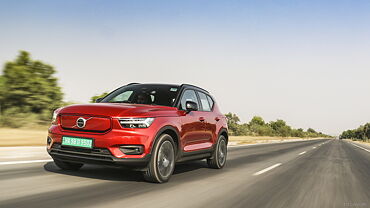
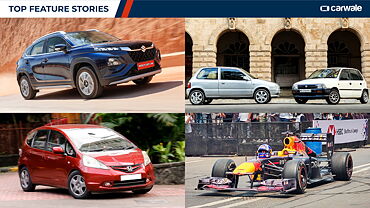
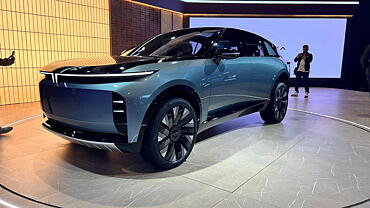

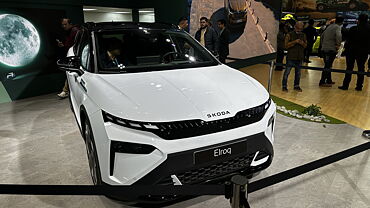


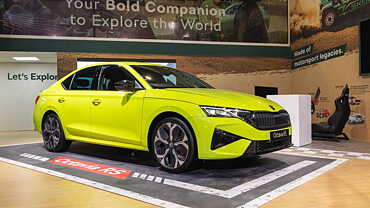
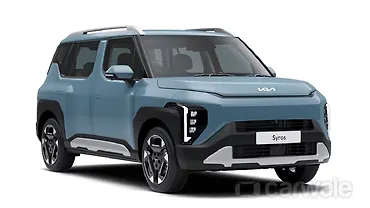
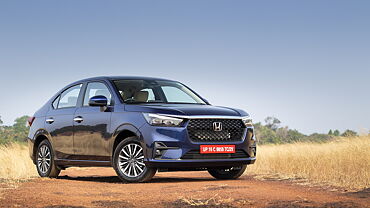
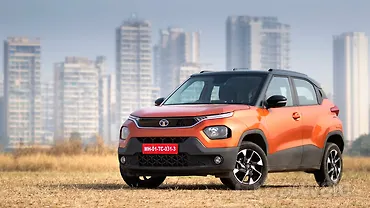
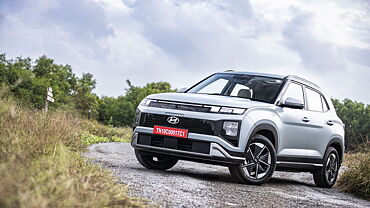
![Volvo XC40 Recharge [2022-2024] Right Front Three Quarter Volvo XC40 Recharge [2022-2024] Right Front Three Quarter](https://imgd.aeplcdn.com/199x112/n/cw/ec/51766/xc40-recharge-exterior-right-front-three-quarter-2.jpeg?isig=0&q=80)
![Volvo XC40 Recharge [2022-2024] Rear View Volvo XC40 Recharge [2022-2024] Rear View](https://imgd.aeplcdn.com/199x112/n/cw/ec/51766/xc40-recharge-exterior-rear-view-2.jpeg?isig=0&q=80)
![Volvo XC40 Recharge [2022-2024] Left Front Three Quarter Volvo XC40 Recharge [2022-2024] Left Front Three Quarter](https://imgd.aeplcdn.com/199x112/n/cw/ec/51766/xc40-recharge-exterior-left-front-three-quarter.jpeg?q=80)
![Volvo XC40 Recharge [2022-2024] Front Row Seats Volvo XC40 Recharge [2022-2024] Front Row Seats](https://imgd.aeplcdn.com/199x112/n/cw/ec/51766/xc40-recharge-interior-front-row-seats-2.jpeg?isig=0&q=80)
![Volvo XC40 Recharge [2022-2024] Rear Seats Volvo XC40 Recharge [2022-2024] Rear Seats](https://imgd.aeplcdn.com/468x263/n/cw/ec/51766/xc40-recharge-interior-rear-seats-2.jpeg?isig=0&q=80)

























